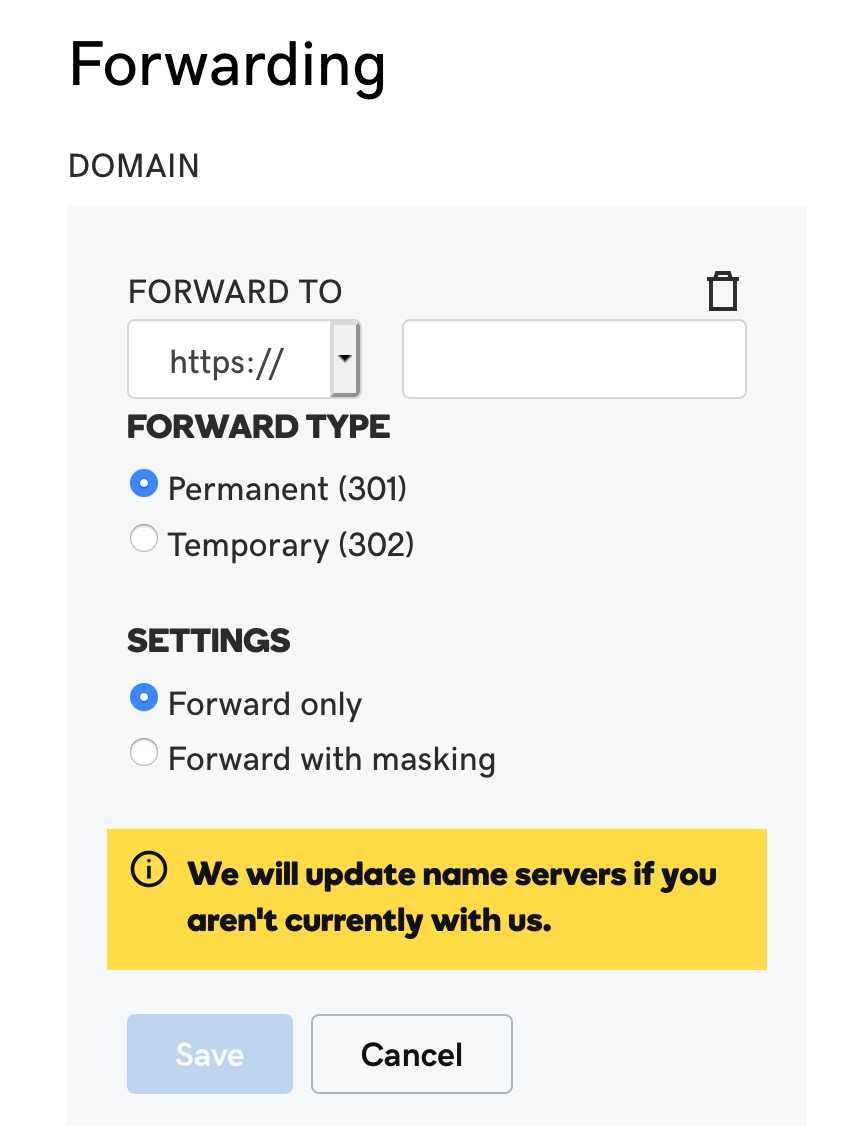Everything You Need To Know About Domain Names for Authors
February 22, 2020Categories: Marketing,

Platforms with Pages. The Podcast of HostingAuthors.com with Tyler Kirk
Platforms with Pages by HostingAuthors.com is your go-to podcast for everything an author needs to succeed when it comes to an author or book website. Join us as we break down essential strategies for building your author brand, growing your readership, and navigating the publishing landscape with confidence.
All the cool kids are doing it... getting their own domain name, that is. But like your parents used to ask, if all the cool kids jumped off the Brooklyn Bridge, would you as well? Or maybe it was just my parents. Anyhow, having your own domain name as an author could be a great thing, but it's not everything.
For those of you who still rock-n-roll to 8-tracks and cassettes, a domain name is an alpha-numeric web address that internet-based tools such as the web browser use to connect to your website. You will always find the domain name in the web browser's address bar.

With HostingAuthors.com and most other hosting services, you don't need your own domain name; you still have your own web address, but it uses a shared domain name followed by your own custom folder name.

Domain Forwarding vs. "Attaching" Your Domain
Before we get into the pros and cons of your own domain name, there are two main options for using a domain name: forwarding and attaching (technically, setting the "A record"). There is also something called "domain masking," but frankly, that is about as dated as the 8-tracks, and we do not recommend it. Note that attaching your domain is only available with the paid options at HostingAuthors.com.
Forwarding
Domain forwarding is just what it sounds like. You tell your registrar (the place where you bought your domain name) the URL you want to forward your domain name to. For all these examples, we will use GoDaddy.com, perhaps the most popular place to buy domain names (i.e., all the cool kids are doing it); however, the instructions should be generic enough to help you no matter where your domain is registered. For specific instructions, you may need to contact the support for your registrar.
When you select your domain in your registrar's control panel, you want to look for a "Manage DNS" link on that page, then click that. Scroll down to find the forwarding section. You then

After anywhere from a few minutes to several hours, your domain will start forwarding to your book or author website. When it does, the domain switches over to https://www.hostingauthors.com but still takes the user to your website, not our homepage. This is the key feature of forwarding. Forwarding is fast, easy, and requires nothing to do on the part of the server where your site is being hosted (HostingAuthors.com, in this case). Also, with forwarding, you are still using our secure domain, so users will feel better about entering any sensitive information, but since there is no registration or purchases made directly from your author or book website (on HostingAuthors.com) this isn't a problem.
Attaching
Attaching the domain means that your web host (HostingAuthors.com in this case) needs to make some changes on the server, so your domain is paired, securely, with your book or author URL. It is generally better than forwarding because the URL keeps your domain name and does not switch over to ours. To attach your domain, you need to know the IP address of your webhost and modify the default "A record." For HostingAuthors.com, the IP address is 52.4.208.217.

Note that if you have forwarding enabled, you need to delete it first, wait about a minute, then reload the page. You will then be able to edit the A record. Once you make a change it could take up to 72 hours for the change to take effect, but usually is much quicker.
So there is the tech part out of the way. Now for the pros and cons.
The Pros and Cons of Having Your Own Domain as an Author
Let's begin with the cons because there aren't many of them.
- Domains cost about $15-$25 per year, so this can be an unnecessary expense, especially for books that don't sell that well.
- Registration of a domain and forwarding or attaching takes effort and time, and there is a learning curve. This could be a frustrating process if you are not very technically savvy (although we can do this for you if you are a paying user).
Now for the pros.
- Domain names help you get better search engine placement. This is according to conventional wisdom, although how search engines choose to rank exactly is ultimately a mystery.
- Domain names are transferable. This means if you move your website at some time in the future, you don't have to update links everywhere; you just attach your domain to your new website.
- You really want your own domain if you put your book/author website address on any printed material for the reason above.
- A custom domain is generally regarded as more professional.
- If you are doing video or audio interviews, it is generally better to give a simple domain rather than a long URL with subdirectories.
As an author of over a dozen books myself, I have custom domains for about half of them, including my author page. The other half don't sell very well and just aren't worth it in my opinion. I am attaching my domains to my HostingAuthors.com sites, so you can see how these work:
My Author Page: https://www.bobennett.com
Socially Psyched: https://www.sociallypsyched.org
Our Suggested Domain Strategy
If you are a user of our free account, forward your book-related domain to your book website if you think the $20-$25 per year you will pay your registrar for the domain is justified.
Author Domain
If you are a paid user, first, we strongly suggest that you create your author page on HostingAuthors.com so that you can
- Have a central page that connects all of your books (see https://www.virversity.com/course/hostingauthors/kTrQH )
- Use the author blog/podcast (see https://www.virversity.com/course/hostingauthors/nEEA8 )
- Use your own bookstore (see https://www.virversity.com/course/hostingauthors/PS9Gw )
We also strongly suggest that you do attach a domain to your author website. We'll call this your "author domain." The author domain should be a version of your name or publishing company rather than your book. When you have an author domain, your author page, blog/podcast, and bookstore all run securely under your author domain. For example:
You can have only one author domain per account because there is only one author website per account.
Book Domain
A "book domain" is a domain that points to one of your book websites. Because you can have multiple book websites, you can have multiple domains. The book domain will only point to your book website, so if you don't have an author domain, calls to your author page, blog, or bookstore will use the HostingAuthors.com domain.
If you think the $20-$25 per year you will pay your registrar for the domain is justified, then attach a book domain to your book website.
To domain or not domain? That is the question. I hope I gave you all you need to know to come up with the answer.
 |
Create Your Author Website Today With HostingAuthors.com – The Perfect Platform for Book Promotion.
|